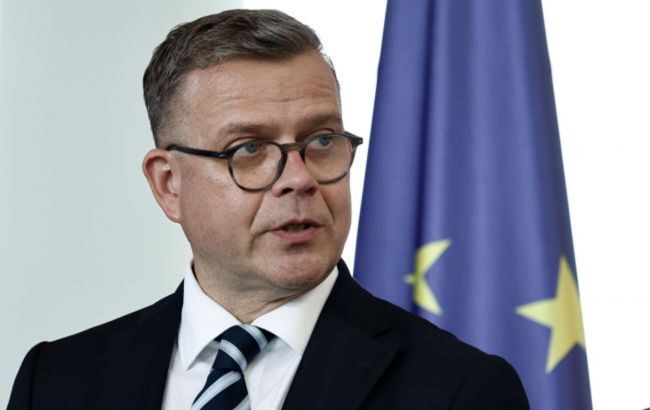Finland to boost defense budget by billions over Russian threat
 Photo: Finnish Prime Minister Petteri Orpo (Getty Images)
Photo: Finnish Prime Minister Petteri Orpo (Getty Images)
Finland is compelled to strengthen its defense due to the threat from Russia. Prime Minister Petteri Orpo announced that defense spending will increase by billions of euros annually, according to Yle.
According to Orpo, Finland must accelerate economic growth to fund increased defense spending, but this comes with certain challenges.
"I’m glad there is almost complete agreement among all parties in Finland on this issue. Our population is aging, so our expenditures are constantly rising by billions. We simply must find a solution, and economic growth is the only sustainable path," he emphasized.
Orpo added that the Finnish government plans to raise defense spending to 3% of GDP by 2029. This would mean an annual increase of 1.5–2 billion euros.
The prime minister stated that this goal is entirely achievable, although the simultaneous growth of public debt remains a serious problem. He noted that the additional funds will be allocated to ground forces, eastern border protection, and the air defense system.
"We have no time to waste," Orpo concluded.
Finland prepares for war with Russia
In 2022, the Finnish parliament passed a law to build a high wall on the border with Russia.
Recently, satellite images showed that Russia is increasing its military presence near the Finnish border. Finnish military intelligence believes Russia may shift its resources northward after the high-intensity phase of the war in Ukraine ends. The country has given itself five years to prepare for a potential military threat from Russia.
Finland has also announced that it is preparing for the worst-case scenario once the war in Ukraine ends.
In May, Ukraine and Finland launched a civil protection shelter coalition in support of the Ukrainian state. According to Ukrainian Prime Minister Denys Shmyhal, over 5,000 shelters are planned to be built by 2030.

